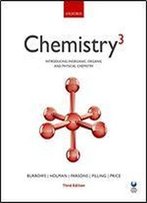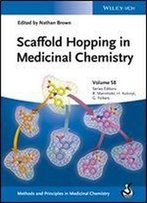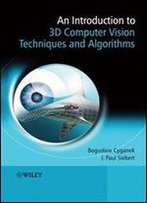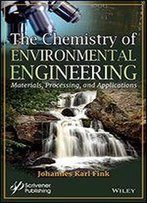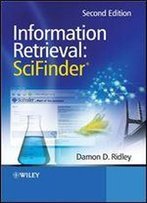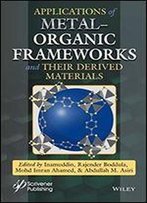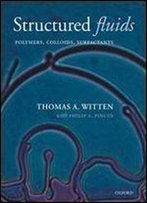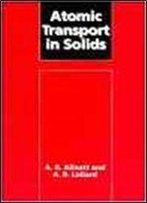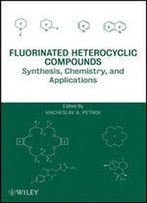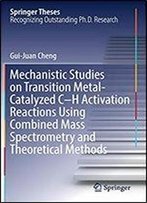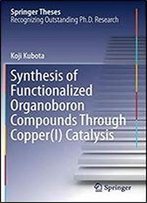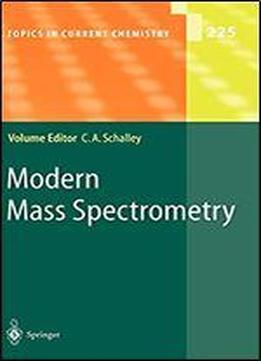
Modern Mass Spectrometry (topics In Current Chemistry) (v. 225)
by Christoph A. Schalley /
2003 / English / PDF
5.7 MB Download
Mass spectrometers are used by almost all chemists and many researchers from neighboring disciplines such as physics,medicine,or biology as a powerful a- lytical tool. Its advantages are high sensitivity,speed,and almost no sample c- sumption. During the last two decades,mass spectrometry experienced a boom of new developments pushing its limits further and further at an increasing speed - just similar to the progress in NMR spectroscopy in the 1970s. However,a mass spectrometer does not only serve as a machine for solving complicated analytical problems,it evolved meanwhile to a complete laboratory for the investigation of molecules,clusters,and other species under the envir- ment-free conditions of the highly diluted gas phase. These special conditions existing only in high vacuum change the properties of the particles under study significantly with respect to their energetics and reaction pathways. For ex- ple,temperature is a macroscopic property of a large ensemble of particles in thermal equilibrium and is thus not defined for a single ion. This fact has severe implications for the measurement of kinetic and thermodynamic data of g- phase species. On the other hand,the examination of gas-phase properties has the advantage that systems reduced to minimum complexity can be studied more easily without the complicated influences of solvents or counterions. In parti- lar, the combination of isotopic labeling and mass spectrometry allows for a detailed analysis of reaction mechanisms or conformational analysis through H/D exchange experiments not only on biomolecules.
